When it comes to the animal kingdom, most parents try their best.
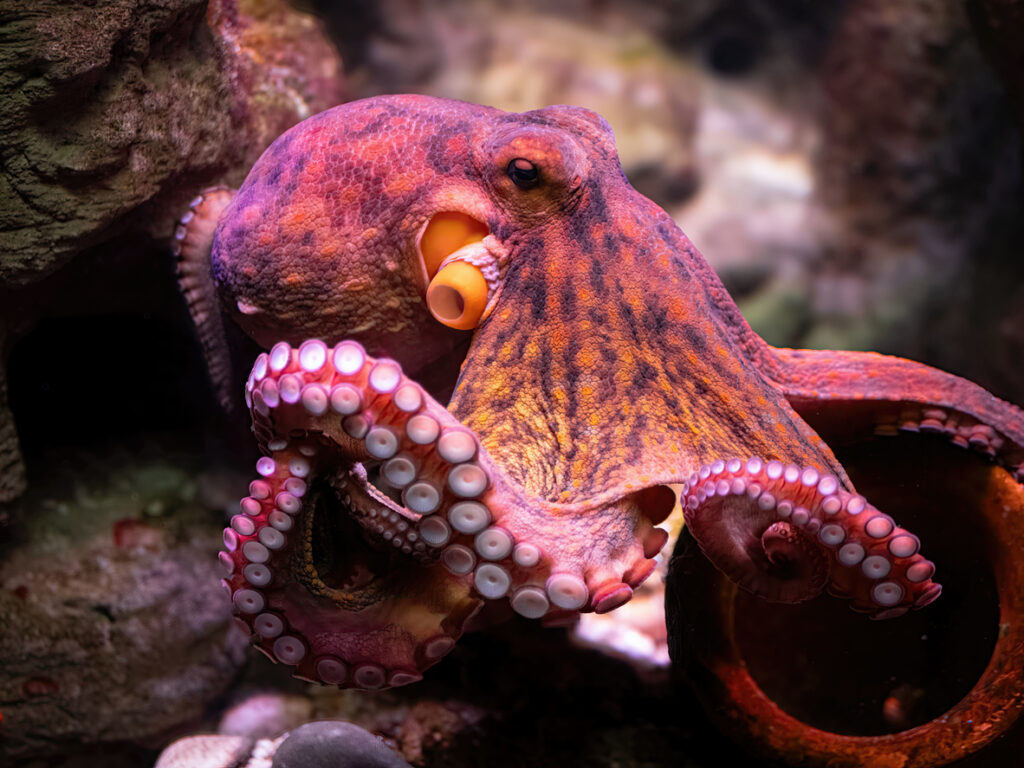
Some guard eggs, while others teach their young. But octopus mothers? They take parenting to a whole new level—one that’s impressive, a bit heartbreaking, and frankly hard to beat. From deep-sea hot tubs to total self-sacrifice, these mothers show a level of dedication that puts almost every other species to shame. Here are some awe-inspiring reasons why octopus mums just might be the toughest parents on the planet.
1. They stop eating the moment the eggs are laid.
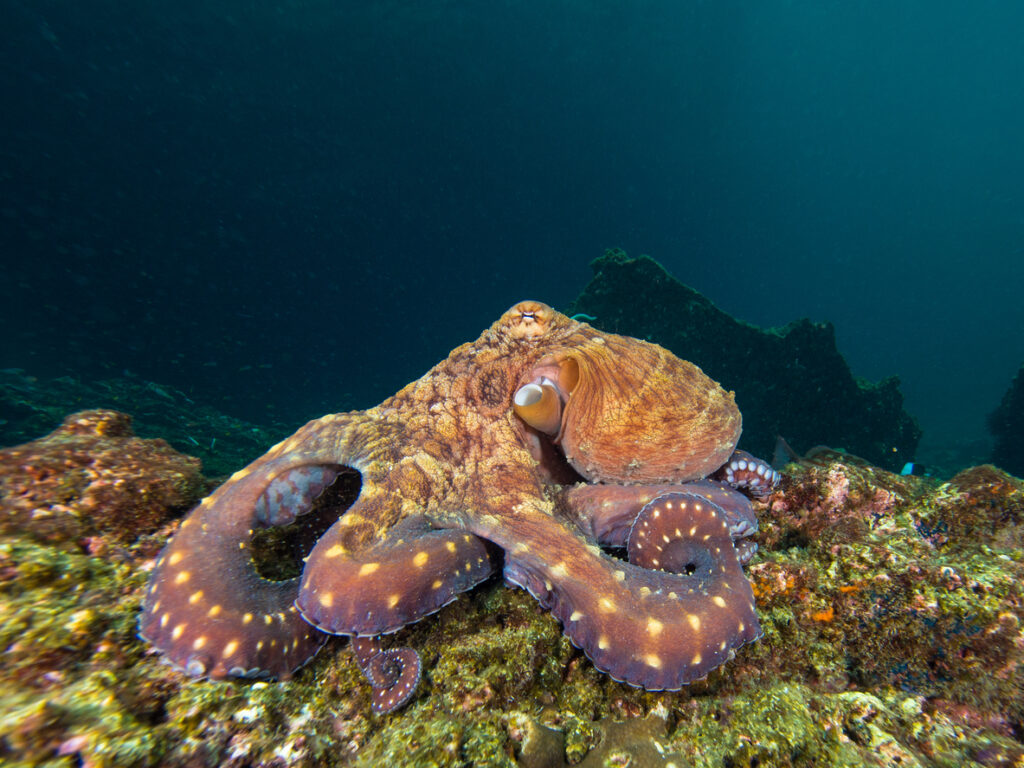
Once an octopus mum lays her eggs, she stays with them constantly, and that means no time (or interest) in feeding herself. She’ll ignore prey that swims right past her, fully focused on keeping her babies safe. This fasting can last for months, depending on the species. It’s not a short-term sacrifice—it’s a complete shutdown of her own needs for the sake of her offspring. And she never breaks focus.
2. She tends to thousands of eggs at once.
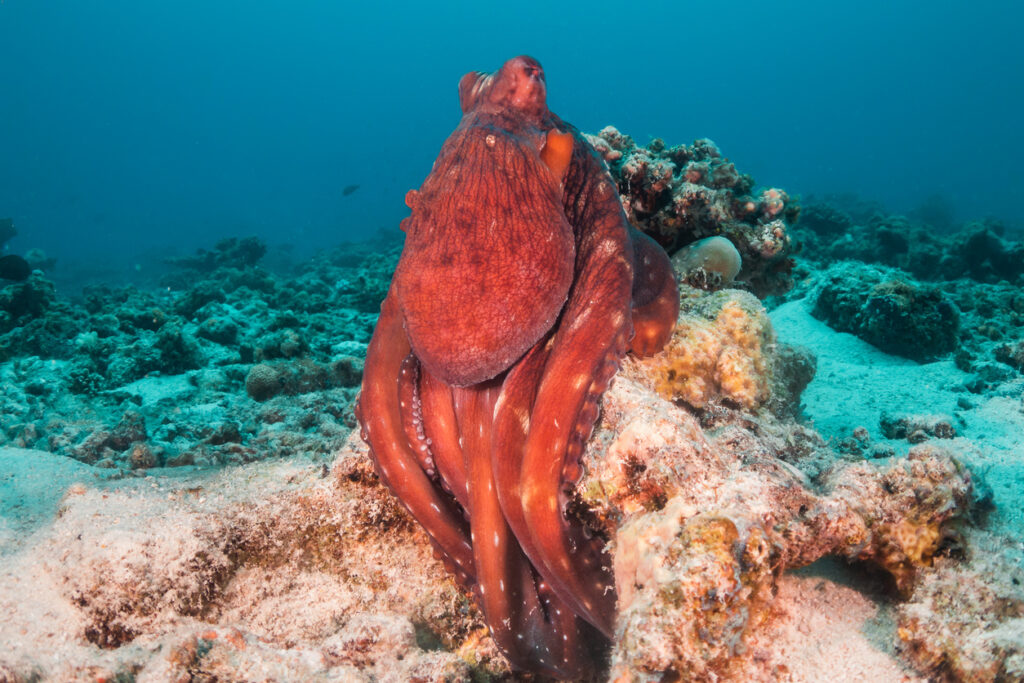
An octopus doesn’t just lay a handful of eggs—she lays tens of thousands. Each one is delicate and needs constant care, including cleaning and fanning to keep them oxygenated and free from fungus or debris. It’s an enormous task. She uses her arms and siphons to gently tend to each cluster, often for weeks or even years without rest. Imagine the energy that takes when you’re not even eating.
3. Some live in deep-sea nurseries fuelled by volcanic heat.
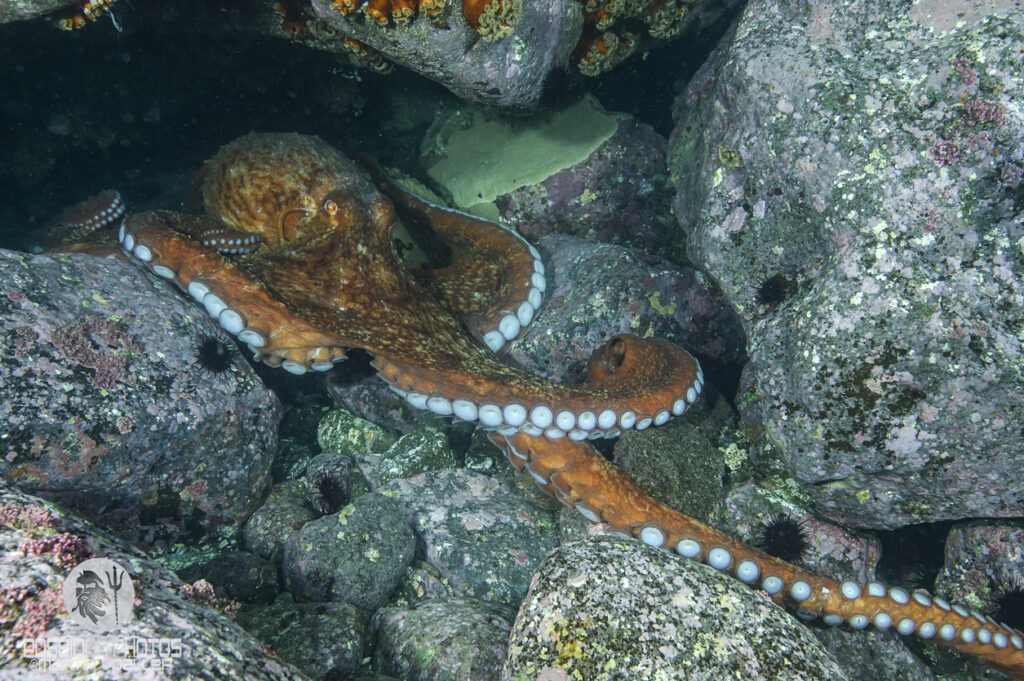
In places like the Octopus Garden off the coast of California, mothers gather around underwater thermal vents—natural hot springs that help warm their eggs and speed up development. These deep-sea “hot tubs” are freezing and pitch-black outside the vent zones, but the mums endure the extremes to give their eggs the best shot. It’s harsh and risky, but it pays off.
4. They go into full-time guarding mode.
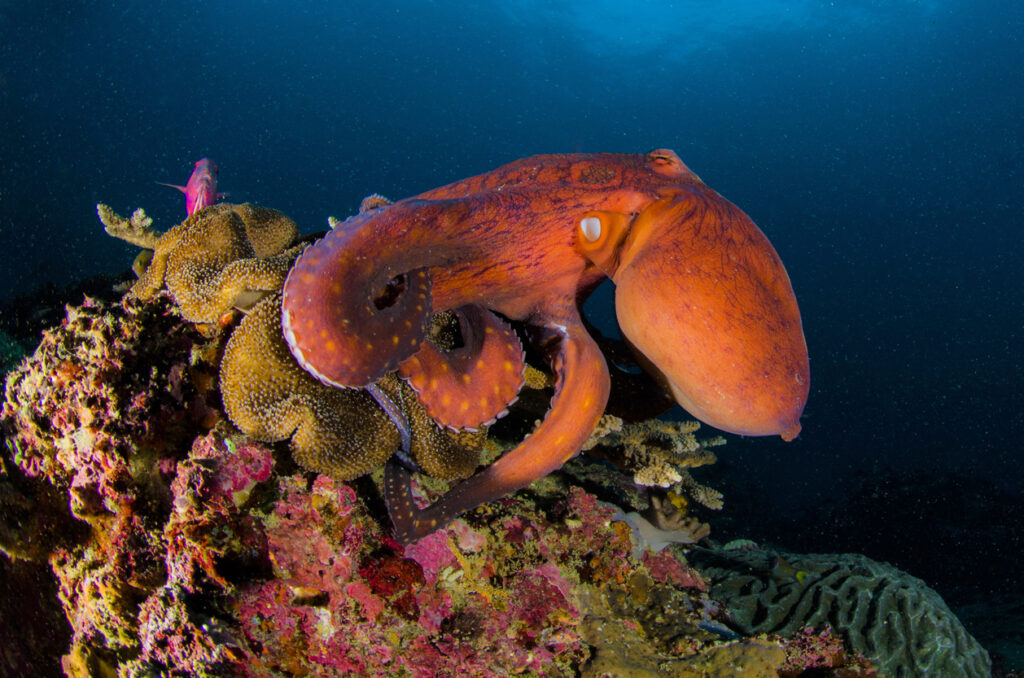
Once the eggs are laid, she doesn’t leave them — ever. There’s no popping out for a snack, no drifting off for a nap. It’s a 24/7 security job against predators and environmental threats. This level of dedication is rare. Most animal parents do their best, sure, but very few commit to complete isolation and non-stop vigilance for the sake of their young.
5. Her entire body starts to shut down by design.
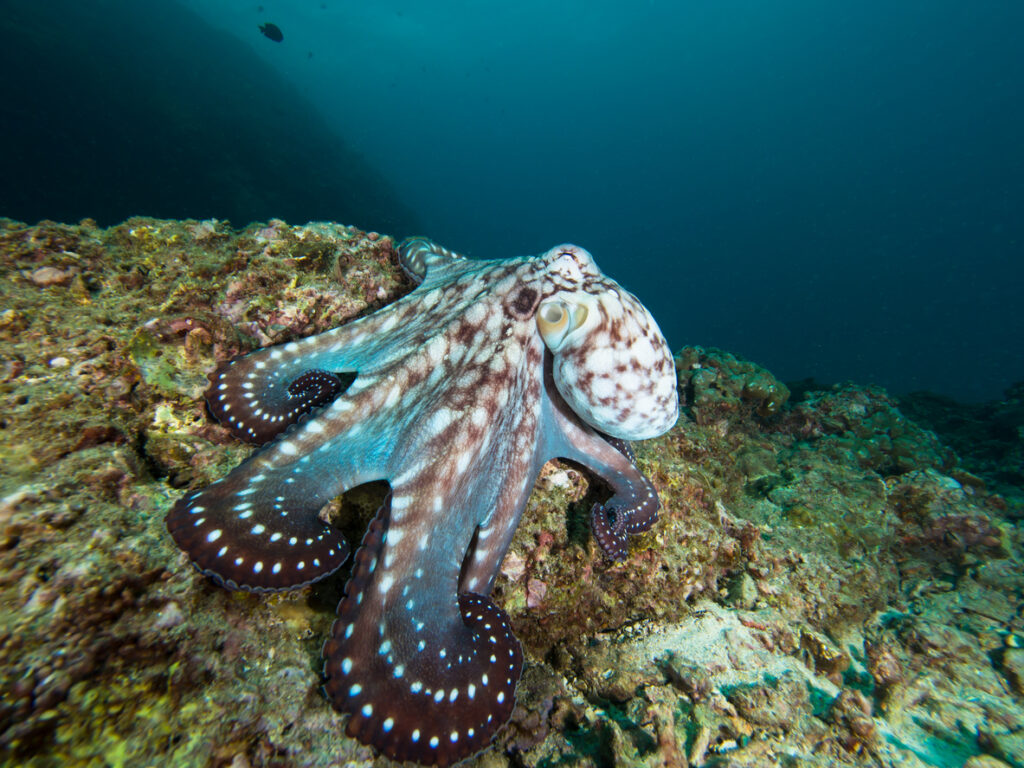
During this intense brooding period, the mother’s body begins a programmed decline. She gradually weakens, stops regenerating tissue, and slowly deteriorates. It’s part of her biology. Scientists have even identified hormonal changes in the optic glands that effectively trigger this decline. In short, her body sacrifices itself, cell by cell, to stay focused on her role as a mother.
6. The brooding period can last for years.

In some species, especially in the deep sea, the egg-brooding period can stretch on for over four years. That’s not a typo. One species of deep-sea octopus, Graneledone boreopacifica, holds the record for the longest brooding period of any animal on Earth—53 months. Plus, she didn’t move from her spot once during that time. She fasted, guarded, and stayed completely committed while time passed, unrelenting, around her.
7. She usually dies as soon as her babies hatch.
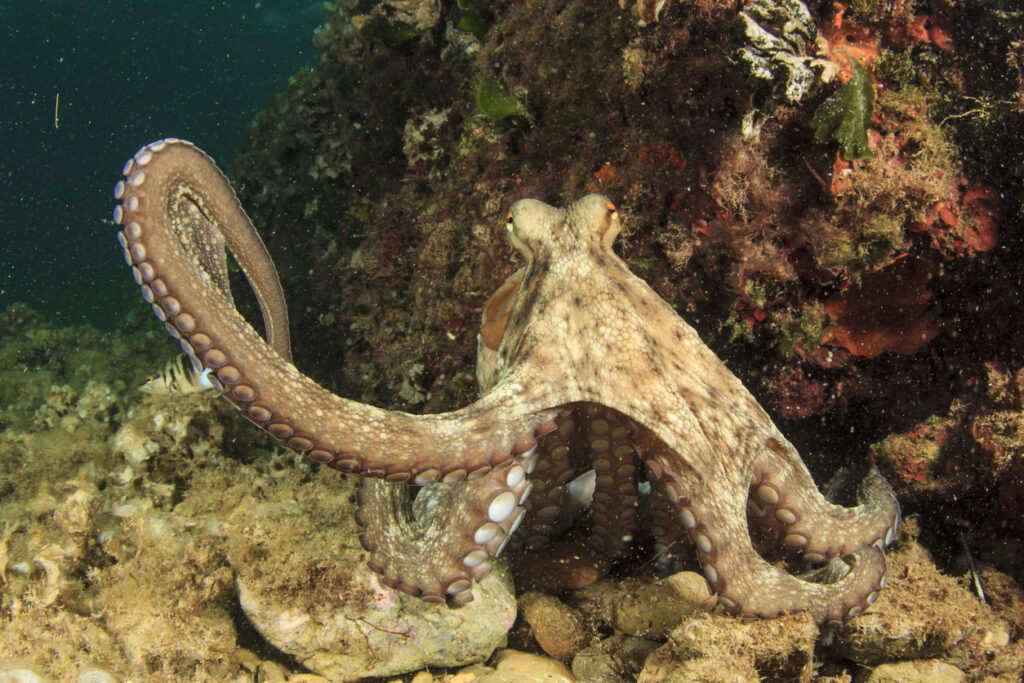
In most octopus species, the mother dies shortly after the eggs hatch. It’s a built-in part of her life cycle; she gives everything she has to the next generation, then lets go. It’s an incredibly selfless end. There’s no reward, no cuddle time, no watching her young grow up. Her job is to protect and deliver them into the world. That’s it, and she does it without hesitation.
8. She never even meets her babies.
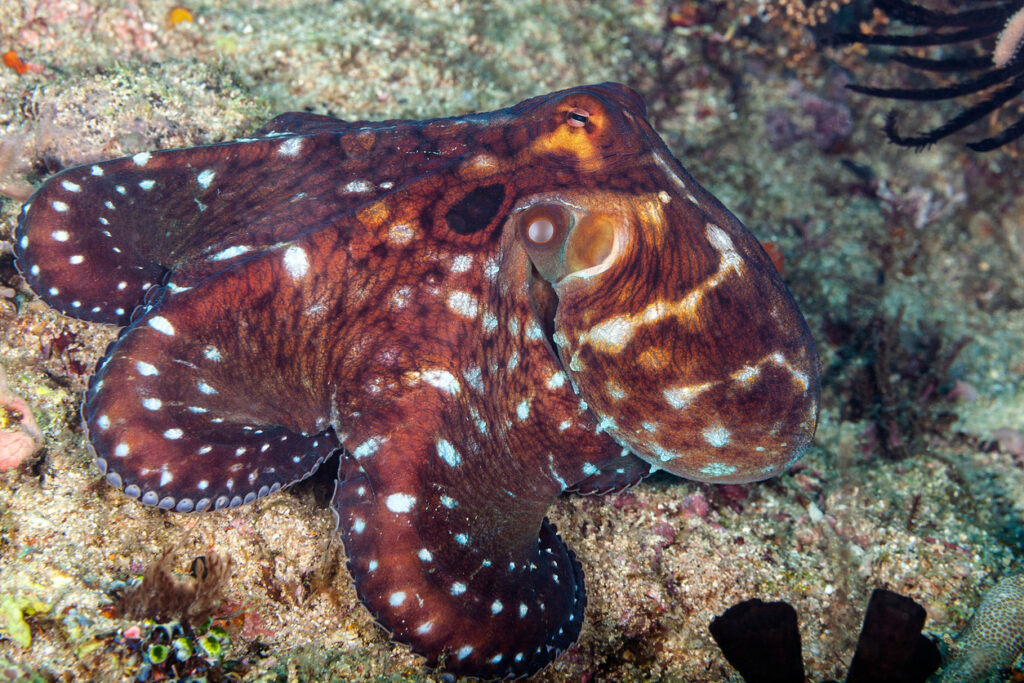
Once the eggs hatch, the tiny octopuses drift off into the current to start their lives alone. They don’t recognise their mother, and she’s usually already gone by then anyway. Despite months or years of sacrifice, there’s no reunion, and no bonding. However, that doesn’t make her effort any less meaningful—she’s given them the only thing that matters: a safe start.
9. Most of her babies won’t survive, but she gives it everything anyway.
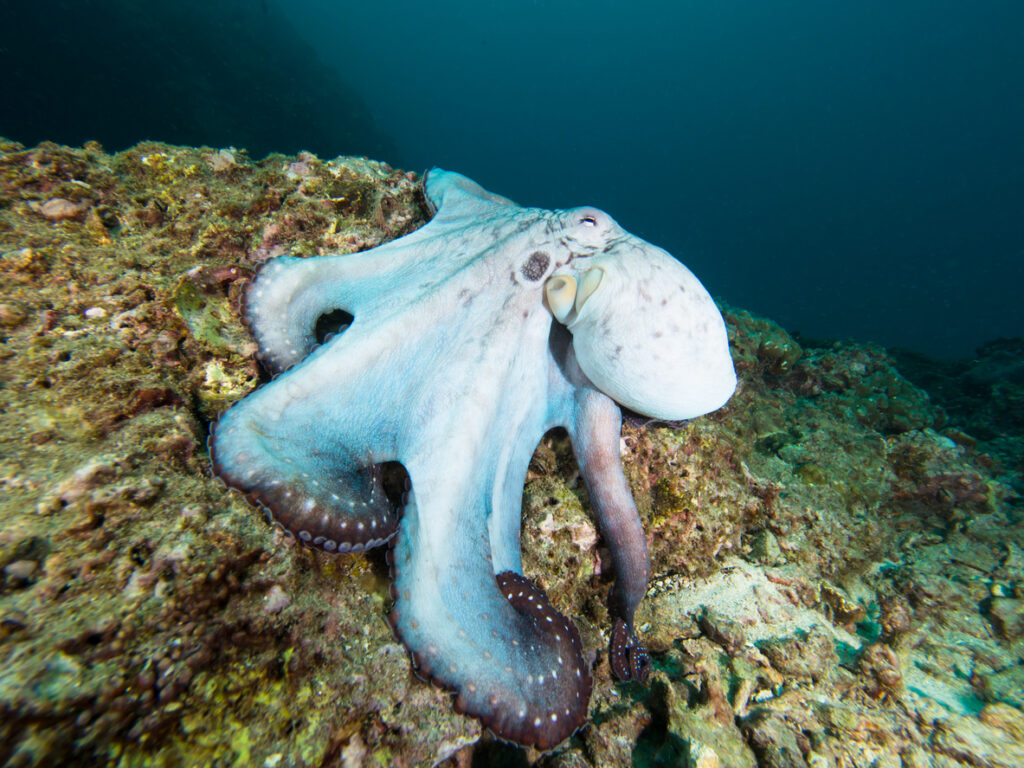
Out of the thousands of eggs she lays, only a small fraction will make it to adulthood. The ocean is brutal and full of predators, and many hatchlings are swept away or eaten before they grow. Still, she guards every single one like it’s the most important thing she’ll ever do. That’s because to her, it is. The odds don’t matter—she doesn’t let go until nature forces her to.
10. They parent like it’s their one and only shot because it is.

Most octopuses only lay eggs once in their life. That’s it. They put everything into that single act of motherhood and leave nothing behind. It’s a one-time mission of extreme devotion. That’s what makes them some of the toughest parents on Earth, not just the hardship they go through, but the complete, all-in commitment to something they’ll never live to see. That’s a kind of parenting most of us can barely wrap our heads around.